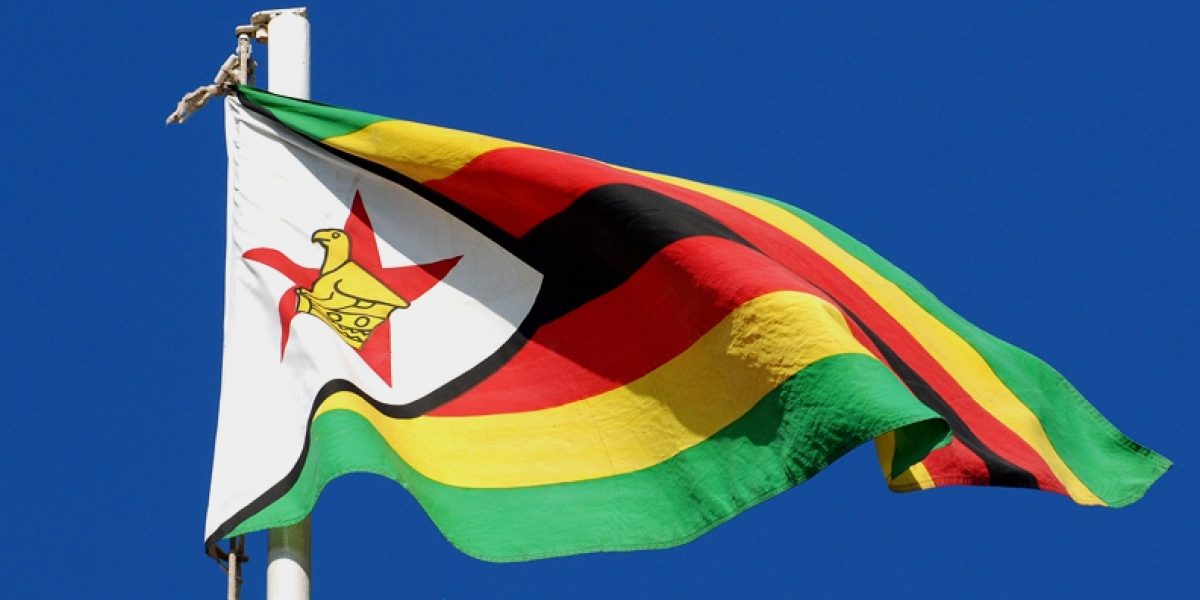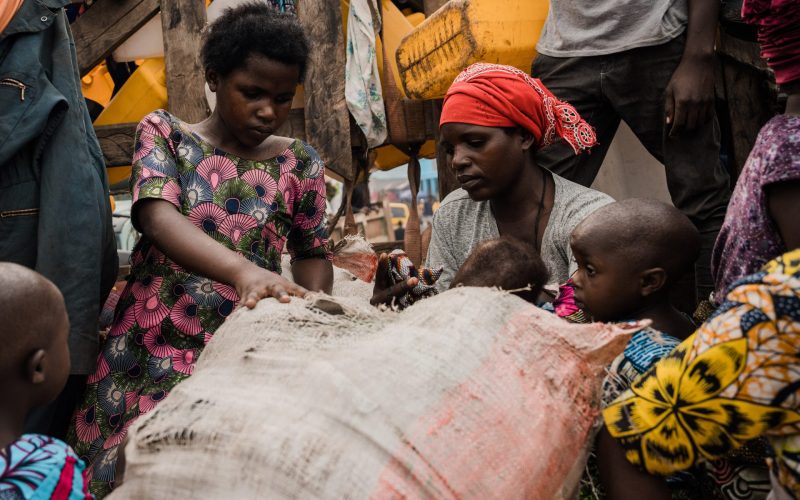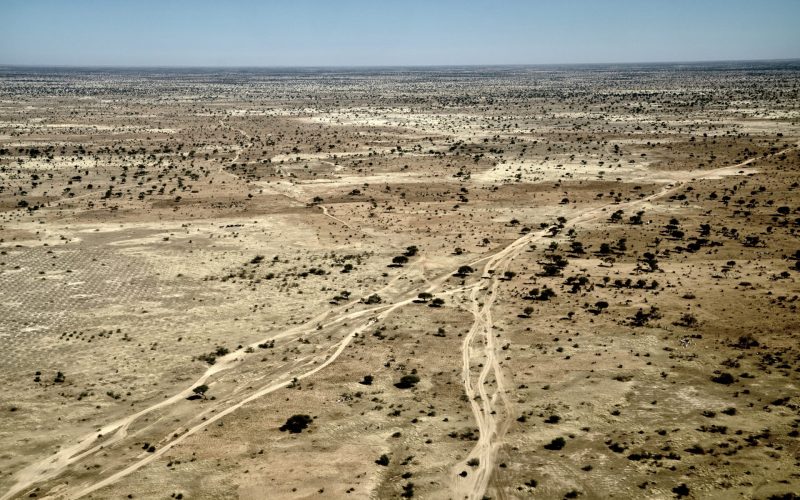Zimbabwe has survived world-record-breaking hyperinflation (peaking at 123 million percent in 2008) forcing it to abandon the Zimbabwean Dollar. It out-manoeuvred attempts to dilute its power during the Government of National Unity. An atrophying domestic manufacturing industry and commercial agriculture has not moved it. And when the Western world sought to force its hand by imposing sanctions, it turned the other cheek – East – for succour. Indeed, amidst the chaos and uncertainty that has unfolded across our northern borders, the perverse resilience of the Zimbabwean state has been nothing short of remarkable – but it has come at a significant cost to the political and economic rights and freedoms of its people and regional stability.
Abandoned by capable political opposition, Zimbabwean citizens have turned to other means of expressing their discontent. The #ShutDownZim2016 campaign that has called for a nation-wide boycott to protest the rapidly deteriorating conditions in the country is a non-partisan civil society campaign and has been hailed a true ‘people’s movement’. In spite of the hope that the movement inspires, a nagging concern lingers: How do you convert broad-based social movements into meaningful and sustainable political transformation? The world is replete with examples of popular movements that have failed to convert their ability to overthrow a government into a successful dismantling of the previous regime and its deep-rooted political and economic tentacles. Popular movements often signal the urgency for change; they rarely translate into successful movements in the long run.
To this end, the Arab Spring offers prescient lessons for Zimbabwe. When the Tunisian Revolution spread across North Africa and the Middle East in 2010/11, the world hailed it as a triumph for democracy. Barely five years later, the world now speaks of the ’Arab Winter‘. This reflects the failure to maintain and deepen the momentum for reform, with a few arguable exceptions such as Morocco and Tunisia which sought to introduce significant pre-emptive and retro-active reforms. But in other countries, caught up in the euphoria of populist uprising, very little thought was given to a blueprint for what was to follow. The diffuse nature of leadership that is inherent in these movements compounds the challenge to transform attempts into political action, and risk-averse leaders who broker agreements tend to resort to measures that emphasise containment rather than laying the foundations for substantive change.
Zimbabwe’s 2008 Global Political Agreement (GPA) epitomises this propensity towards containment. On the surface, the GPA appeared to provide a framework for important and necessary reforms. However, the agreement failed to touch on the issue of security sector reform. In Zimbabwe, the securitisation of the state has become a reflex response to quashing dissent and this has resulted in a ‘shadow state’ composed of elites whose survival is disconnected from popular consent. They maintain their monopoly over the levers of power because of the way in which elites have incentivised the political economy of the state. In short, the political allegiance of key individuals in the military has been bought by the illicit trade in diamonds, minerals and land. This patronage filters down to rank-and-file officers, whose wages are always the first to be paid even in times of severe liquidity crisis. Regardless of how widely-known this is, international interventions championed by SADC (and South Africa) were unable to effect a meaningful reform agenda.
The persistence of this kind of ‘deep state’ even in so-called ‘transformed’ societies is exemplified by Egypt. Although the country enjoyed the brief stewardship of a democratically-elected Islamist president, Mohammed Morsi, when he signed into effect a constitution that was perceived to endorse Sharia Law, he was swiftly ousted and supplanted by army chief Abdul Fattah al-Sisi. The kind of hidden power exhibited by the shadow state both stabilises the country by providing the certainty and containment that the world craves, and simultaneously undermines any effort to bring the deep state into the sun.
Worryingly, the pervasiveness of the ‘deep state’ extends beyond a few individuals. It frequently draws on its power to co-opt even new political elites who enter the fray, exposing the limits of popular movements and democratic reforms. Governments overthrown by popular movements are usually followed by elections that pre-suppose electoral competition between a larger group of political elites. Ironically, such elections can simply confirm the status of existing elites.
This conundrum is even more frustrating for the fact that it provides no easy solutions. What we have learnt from the democratisation process of the former Eastern European Bloc, which began so movingly with the peaceful Leipzig Monday prayer vigils gaining scale and momentum in 1989, is that a successful and peaceful transition and democratic reform are rare and difficult, but not impossible. In Germany, it began with a reminder to the DDR government after 40 years of socialist rule that the people had had enough. Despite having absolute control over all the levers of the state and society, the regime was swept aside by peaceful and broad-based citizen protest, a heavily engaged and invested regional and bilateral partner – Western Germany – and a supportive global environment that enabled a lasting transition. However, these political resolutions were not homogenous or without difficulty – in the case of Germany it resulted in the reunification of the country, while Czechoslovakia broke into two and Yugoslavia fractured.
Whatever the way forward, it is clear that we cannot rely solely on grassroots movements like #ShutDownZim2016 to usher in political and economic transformation. Zimbabwe sorely needs a united and capable political opposition movement to carry forward the momentum that this campaign generates. Furthermore, before government can begin to address any of the myriad of social and economic challenges, there must be an honest interrogation of the relationship between the structures of power, the security sector and the political economy of the state.
South Africa and SADC have the potential to facilitate this process – but it will require a shift in their orientation away from the strategy of containment employed in the past. Doing so will acknowledge that it is only in decoupling these parasitic links that one can look forward to a Zimbabwe that is truly prosperous and free and governed in the best interest of all its people. Syria is a jarring reminder of just how bloody the fallout of failure can be.








